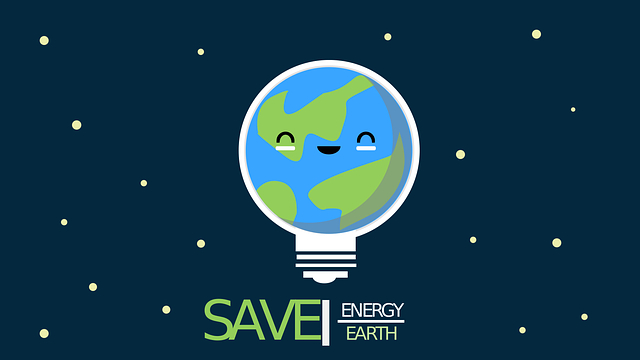Saving Energy
Saving energy is good for your wallet and the environment, because using a lot of energy means producing a lot of .
how many electronic devices do you see?
Is your smartphone charging cable plugged into the socket without you charging your smartphone?
That also consumes electricity.
Saving energy is good for your wallet and the environment, because using a lot of energy means producing a lot of .
Take a look around: how many electronic devices do you see? Is your smartphone charging cable plugged into the socket without you charging your smartphone? That also consumes electricity.
The classic tip for saving energy revolves around our lighting: "Turn off the lights" is tip number one. But here, too, we notice that it is usually not that easy to implement this.
Switching to LEDs is a good idea in any case.

Avoid Standby
Every appliance that is connected to the power supply consumes electricity.
Does the washing machine consume electricity even if it is not washing?
Yes, unfortunately because it is waiting for you to turn the switch from "off" to one of the washing programmes.
This is also the case with many other household appliances. When we turn off the TV but don't pull the plug, the little red light (standby) is often still on. But even if you don't see it: as long as an appliance is connected to the electricity grid, it consumes electricity, for example the espresso machine, the telephone or the W-LAN router.
It is therefore important to first find out which appliances can be switched off completely without loss of function and where switchable socket strips are most worthwhile.
Reduce Consumers
Between and watts - day and night - are consumed by Amazon Echo, Google Home, etc., as they continuously "listen" and perform voice recognition. That may only be a little per day, but over the year, the energy consumed adds up enormously.
We should no longer use such wasteful devices at all - or, if we do use such power guzzlers, then it makes sense to switch to green (meaning ecological) electricity in the interest of climate protection.
Think about how many electronic appliances you have in your kitchen. From the toaster to the microwave, the blender to the egg cooker - if we consider that each of these appliances is a consumer of electricity, it becomes clear that reducing consumption is an effective way to save energy.
A household appliance that is easy to do without is, for example, the dryer. In any case, drying on the clothesline saves electricity and is more environmentally friendly.

Using Energy Efficiently
So our goal is to use energy efficiently. Here are some more tips that can help save energy in everyday life:
Buy energy-efficient appliances (preferably A+++).
Various seals of approval help you to choose environmentally friendly products.
Energy-efficient use of appliances:
Even a mm layer of ice increases the power consumption of your refrigerator by percent. Therefore: defrost every now and then.
Instead of boiling water in the pot, it makes sense to use boiling water from the kettle, as this consumes less electricity. But: we better make sure that we don't heat up a lot of water unnecessarily, because one unused litre of water per day adds up to a whole per year!
Make sure the washing machine is full so that it does not run in vain. In addition, it is best to separate the laundry and - if possible - wash at degrees Celsius.
Heat and cool efficiently
Turn the heating down at night.
Turn off the heating completely in summer: If there is ever a cold day, a jumper or snuggling up in a blanket will help.
Air conditioners do not need to be switched on day and night.
Climate-friendly diet (e.g. regional, seasonal)
Saving energy also means making sure that we throw away as little food or products as possible.
Where can you save energy at home, at school or on the road?
Do you have any other tips? Feel free to write them in the comments so that others can benefit from them too!
Sources (in German):
This article was translated from German.
Saving energy in your household: https://www.umweltbundesamt.de/publikationen/energiesparen-im-haushalt
Tips for saving energy: https://utopia.de/ratgeber/energie-sparen-energiespartipps-haushalt/
Standby: https://utopia.de/ratgeber/standby-die-wichtigsten-fakten/
"Verbraucherzentrale Rheinland-Pfalz" recommendations for saving energy: https://www.verbraucherzentrale-rlp.de/sites/default/files/migration_files/media232290A.pdf